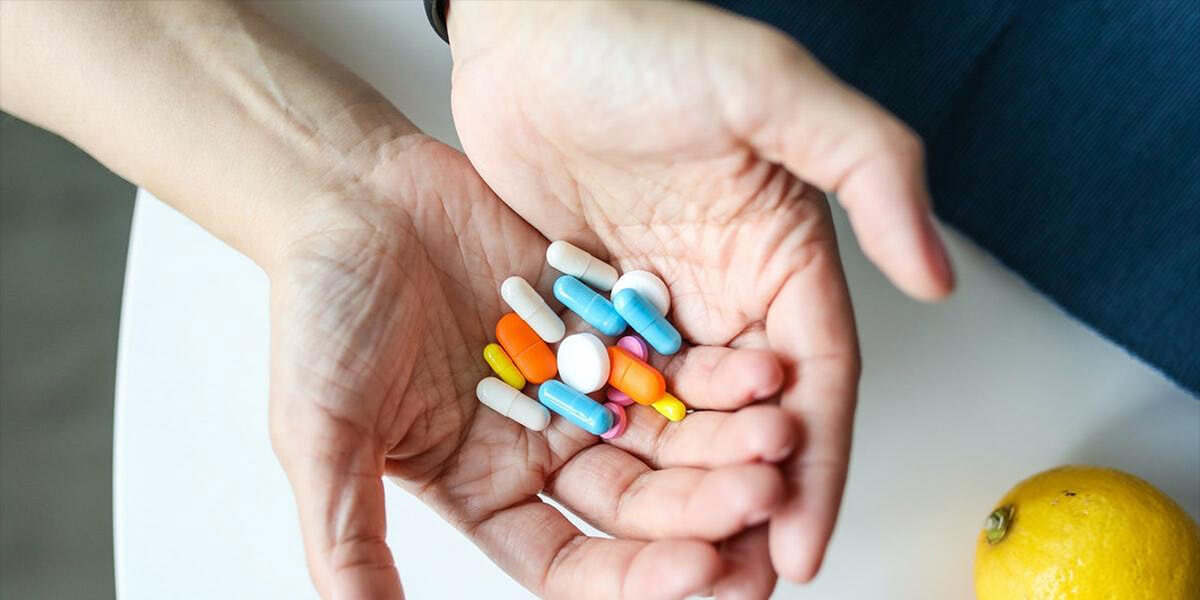Prescription drug abuse is when you take a medication in a way that’s different from what your doctor prescribed. This is not hard to do, and it shows by the percentage of people who abuse prescription drugs each year. Experts estimate that more than 18 million people ages 12 and over have used prescription drugs for nonmedical reasons – more than 6 percent of the U.S. population. The signs of prescription drug abuse are an important part of minimizing further harm either in yourself or a loved one.
Even though prescription medications are legal does not mean they are safe. Abusing these drugs can change the way your brain works. Most people start by taking prescription meds to treat an injury or illness, but over time, these drugs change the brain and affect self-control. Eventually, they can lead to dependency, abuse and the need for outpatient addiction treatment in Denver.
How to Recognize the Signs of Prescription Drug Abuse
Because doctors prescribe prescription drugs, there is a lot of confusion about their safety. People often don’t realize how dangerous and addictive they can be. To help you understand the signs and symptoms to watch for, here are 10 red flags that may show prescription drug abuse.
-
Continued use of the drug, even after symptoms go away.
Opioids are often prescribed to treat acute pain. For example, you may be sent home with a prescription after a surgical procedure. However, your doctor will advise you to stop using the medication and dispose of it safely when the pain ceases.
If your symptoms are gone and you continue to use the medication, this is a sign that you are becoming dependent. Your brain is probably already changing and craving the chemical changes the drug provides. Reach out to a trusted friend, family member or medical professional. It’s imperative that you discontinue use before you become more dependent.
-
Complaining of symptoms to get more medication.
Once you take all of the medication, it’s possible for your body to become dependent on the drug. This is why it’s very important to follow the doctor’s orders. Stressing out about where you’re going to get more or complaining to your doctor of vague symptoms to get another prescription are signs that you have might need addiction help in Denver.
-
Misuse of your prescriptions.
Any type of misuse of your prescription medications puts you at risk for addiction. Here are some of the most common ways that people abuse prescription medications:
- Crushing or breaking pills
- Consuming prescriptions faster than prescribed
- Combining meds with alcohol or other drugs
- Using more than the recommended amount
- Taking drugs that aren’t yours
-
Lack of interest in alternative treatment options.
What if you are dealing with a chronic problem like pain or anxiety? Because it’s not advised to take certain medications long-term, your doctor may recommend alternative treatments instead. For example, anxiety often responds well to talk therapy, relaxation techniques and EMDR therapy in Denver.
The results may not be as quick, but these are the best tools you have to maintain your condition. But, if you’re not open to trying out alternative treatment options and just want a fast fix, it’s likely you are becoming dependent on the drugs.
-
Past history of substance abuse.
If you were treated at an outpatient rehab in Denver, you’re more at risk for developing another addiction. This is the case because addiction is a chronic brain disease that doesn’t just disappear with treatment. Therefore, you’ll always have a higher chance of getting hooked on substances like prescription pain pills.
-
Mood and behavior changes.
Addiction is the same disease, regardless of the substance you are addicted to. Therefore, you will experience the same changes as you would if you were addicted to heroin or crystal meth. Some common mood and behavior changes include:
- Increased aggression or irritability
- Changes in attitude or personality
- Shifting of priorities
- Depression
- Involvement in criminal activity
- Cravings for the substance
- Restlessness
-
Taking medications from others.
Sometimes, it’s easier to get prescription drugs from others than going back to your doctor. Doctors must follow state and federal laws when prescribing addictive drugs like opioids. These laws require more paperwork and counseling than in the past, which makes it harder for people to get drugs.
However, some people don’t just stop using the medications because they’re harder to get. They end up going to the streets for their fix, one of the reasons why heroin has become an epidemic. So, if you find yourself asking others for their medications or looking through their medicine cabinets, it’s a sure sign that you are growing addicted.
-
Visiting multiple doctors for the same symptoms.
Seeing multiple doctors isn’t a problem in itself, but if you’re doing it to get more medications, then it is a concern. Doctors are more apt to sharing prescription information to avoid doctor shopping, but it’s not a perfect system. Therefore, you may get away with this initially. Keep in mind that by making these choices, you’re worsening the addiction and engaging in criminal activity.
-
Developing a higher tolerance.
Tolerance is a sign that your body is becoming dependent on a particular drug. If you notice that it takes more medication to achieve the desired effects, it means your tolerance is building up. This will make it more difficult to ease off the medications when it’s time to.
-
Withdrawing from friends, family and hobbies.
Addiction can also create changes in your personality, which is why it’s common for people to withdraw from their friends, family and favorite activities. This happens because you no longer get the same satisfaction from these things. Instead, your brain is driving you to seek more drugs to create desirable effects. It’s important to talk to someone if you feel that you are no longer getting the same enjoyment from your normal activities.
Signs of Prescription Drug Abuse Help in Denver, CO
If you are concerned about a growing prescription drug problem, know that help is available. Continuum Recovery Center of Colorado is a Denver outpatient rehab center that treats people in all stages of substance abuse and treatment. Contact us today to learn more about our approach to treating prescription drug abuse and why early intervention is crucial.




